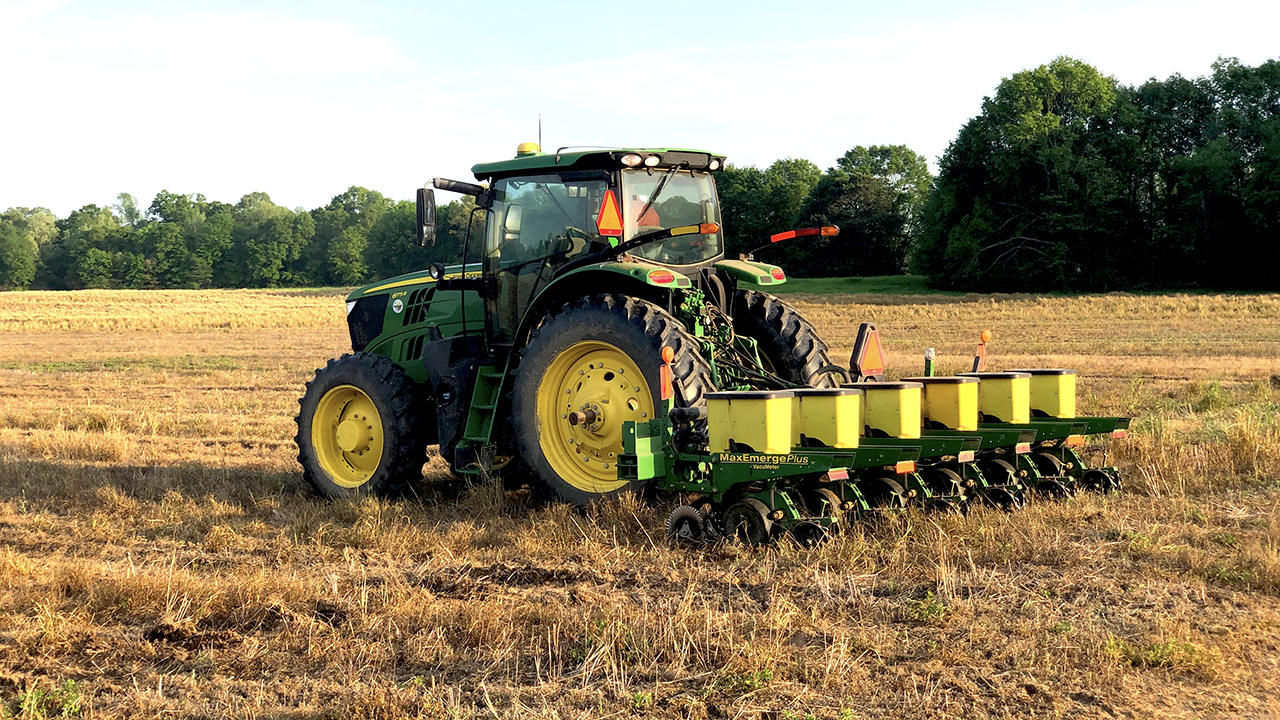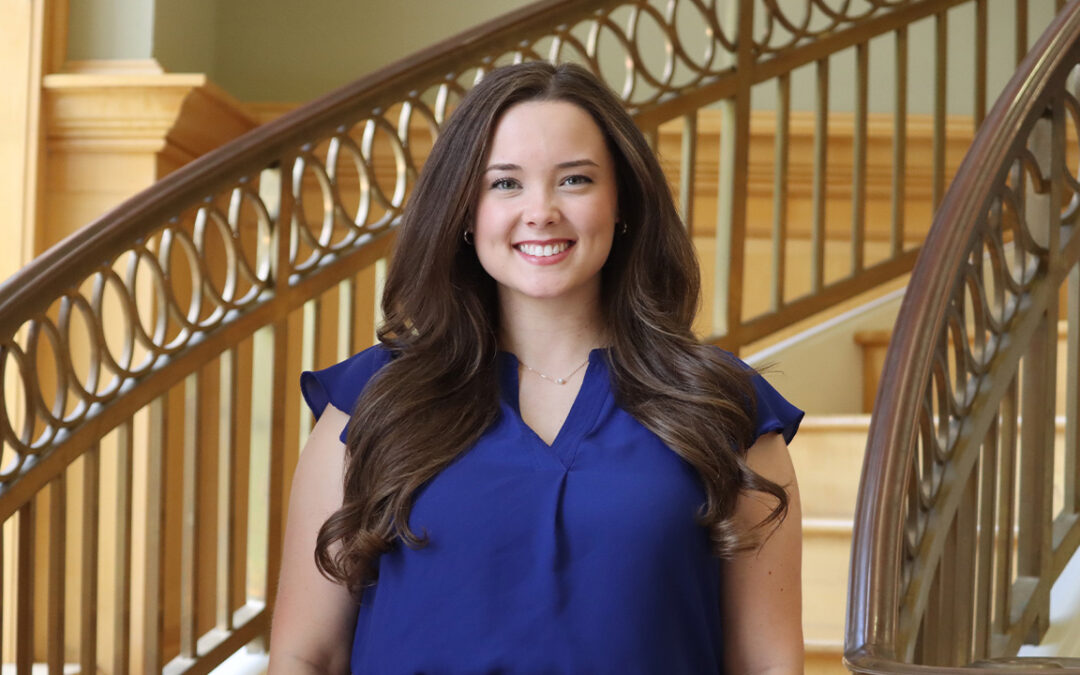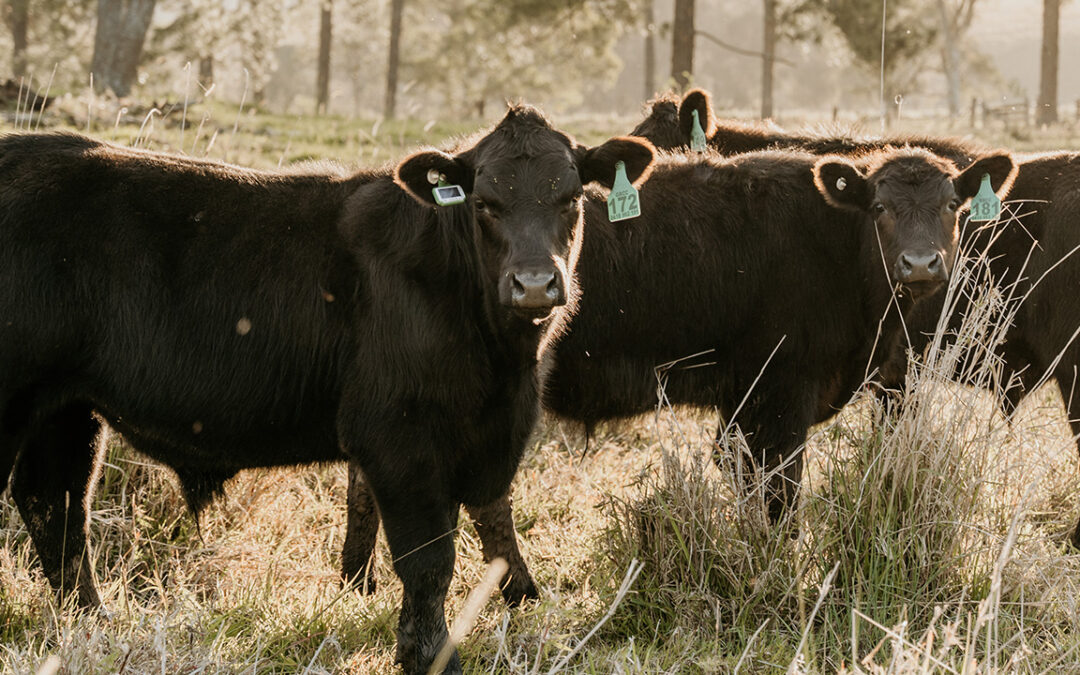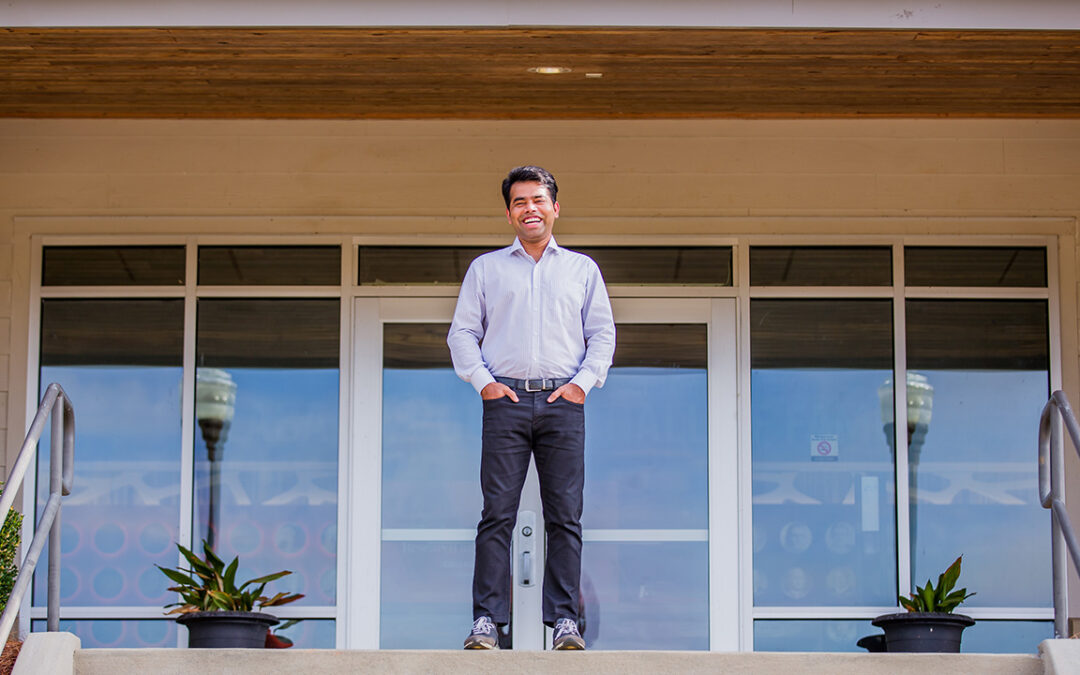Even during a worldwide pandemic, faculty, staff and students in Auburn’s College of Agriculture and Alabama Agricultural Experiment Station (AAES) continue fulfilling their roles in providing an abundant and safe food supply to a nation in crisis.
“We’ve made the decision to keep all experimental operations going forward during this period of adjusted operation,” said Paul Patterson, dean of the College of Agriculture and director of the AAES. “Failing to proceed with our experimental work would result in the loss of one year’s worth of experimental data and a failure to perform on contracted research work.”
The core mission of a land grant college and experiment station is to conduct cutting-edge research to provide solutions to the grand challenges of food insecurity, human health and the environment, said Henry Fadamiro, associate dean for research for the College of Agriculture and associate director of the AAES.
“The challenge of protecting our food systems and food supply chain are only more real during this difficult time, and we will not waiver on our effort to address the needs of our stakeholders,” Fadamiro said.
“Researchers in our life science programs study living organisms such as plants, animal, microorganisms and cell lines in the laboratory and field. These living organisms do not take time off and require constant management.
“We recognize the need to protect the health of our Auburn family and the public and have made some adjustments to our operations, including provisions for faculty, staff, graduate students and other research personnel to continue their research endeavors with minimal disruption,” he said.
With the same goals in mind, faculty, staff and graduate students have come up with creative ideas and innovations to adapt, support and keep research work going.
Faculty and staff supported by the AAES are continuing their research—in most cases, concurrently with remote teaching or their duties with the Alabama Cooperative Extension System—while also caring for children who are out of school or daycare.
“They come in at off-peak hours to collect data or maintain animals or plants and then go home and continue to work for the betterment of the citizens of Alabama and the country,” Fadamiro said. “We are grateful to our faculty, staff, students and other personnel for their flexibility and creativity during this challenging time. It is truly a display of the Auburn spirit.”
Fortunately, critical research activities and agricultural operations are allowed under Alabama’s current “stay-at-home” order. Critical research includes sponsored research supported by a grant or contract, ongoing research that requires multiple years of data collection, or research with living organisms that require regular maintenance or care.
For the 15 research centers of the AAES, spring can be the busiest time of the year because that’s when hundreds of field experiments are installed by research scientists.
This year is no different, except for the many extra precautions being taken to ensure everyone’s safety, says Greg Pate, head of outlying units for the AAES and former director of the E.V. Smith Research Center, located on Interstate 85 between Auburn and Montgomery and the largest and most comprehensive center in the state.
“Currently, we are performing normal operations at E.V. Smith to install all of our experiments,” Pate said. “We normally carry approximately 200 trials across all of our units including field crops, plant breeding, horticulture, beef cattle and biosystems engineering.
“We are limiting interaction between units so that employees stay on their respective units and maintain personal distances within units. Tours and station events such as grower meetings are cancelled until further notice.”
Pate said research centers will continue to work at normal capacity with an eye toward shifting to emergency procedures if needed.
“College of Agriculture administrators meet with the research center directors via Zoom video conference biweekly to check on health status and needs,” he said. “In the event of a ‘shelter in place’ order, we would transition to our emergency plan that focusses our effort toward animal care first and then limited crop-related experiments of the highest impact if they were lost.”
To ensure the safety of employees and the public, the university is allowing essential travel for research and has implemented guidelines and an approval process for travel requests.
In just two weeks, the College of Agriculture reviewed and approved more than 50 in-state research trips for faculty and graduate students to install experiments and collect critical field data. Also, the college has developed an online approval system and safety protocols for travel to streamline the approval of travel requests.
In the Department of Animal Sciences on the Auburn University campus, faculty, staff and students have made necessary transitions in the areas of animal care as well as animal harvest for animals scheduled to enter the food chain, said Wayne Greene, professor and head of the department.
“Our farm crews have worked tirelessly during this pandemic to ensure that they were cross-trained and had adequate student workers available, while maintaining social distancing to take care of our animals for teaching, research and Extension,” Greene said.
The department continues to be accredited by the Association for Assessment and Accreditation of Laboratory Animal Care International, or AAALAC, and must follow the guidelines set forth by the organization for quality animal care, he said. AAALAC International is a private, nonprofit organization that promotes the humane treatment of animals in science through voluntary accreditation and assessment programs.
“As animals grow and reach maturity, they must continue entering the food chain, and our meats laboratory personnel have worked tirelessly while maintaining social distancing to make this part of our program continue uninterrupted,” Greene said. “Our animal-related teaching laboratories have continued to operate by the use of video and other creative ways in the distance education protocols we are experiencing now.”
To help ensure farmers have the resources they need, agricultural testing labs in the College of Agriculture also continue to operate, accepting samples from various clientele.
“These labs provide farmers with important information on soil fertility, plant diseases as well as forage analysis,” said Mike Phillips, associate dean for Extension in the College of Agriculture and assistant director for agriculture, forestry and natural resource Extension programs.





